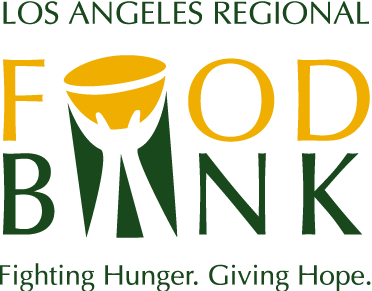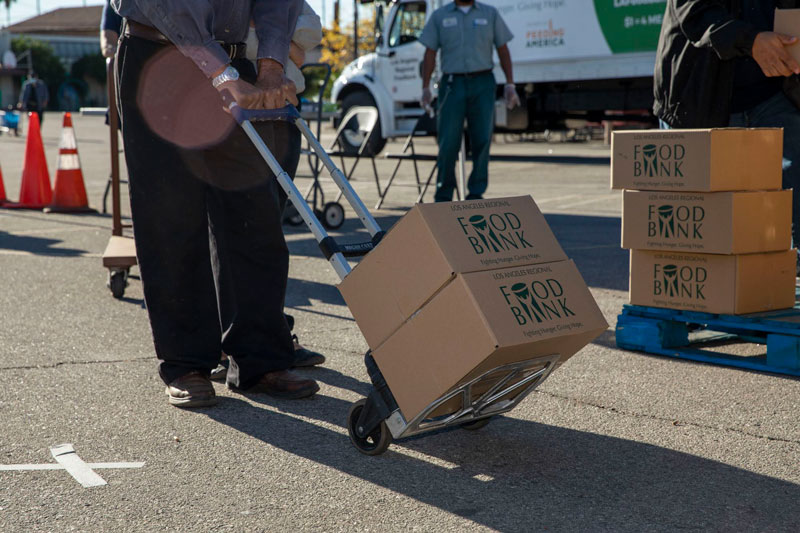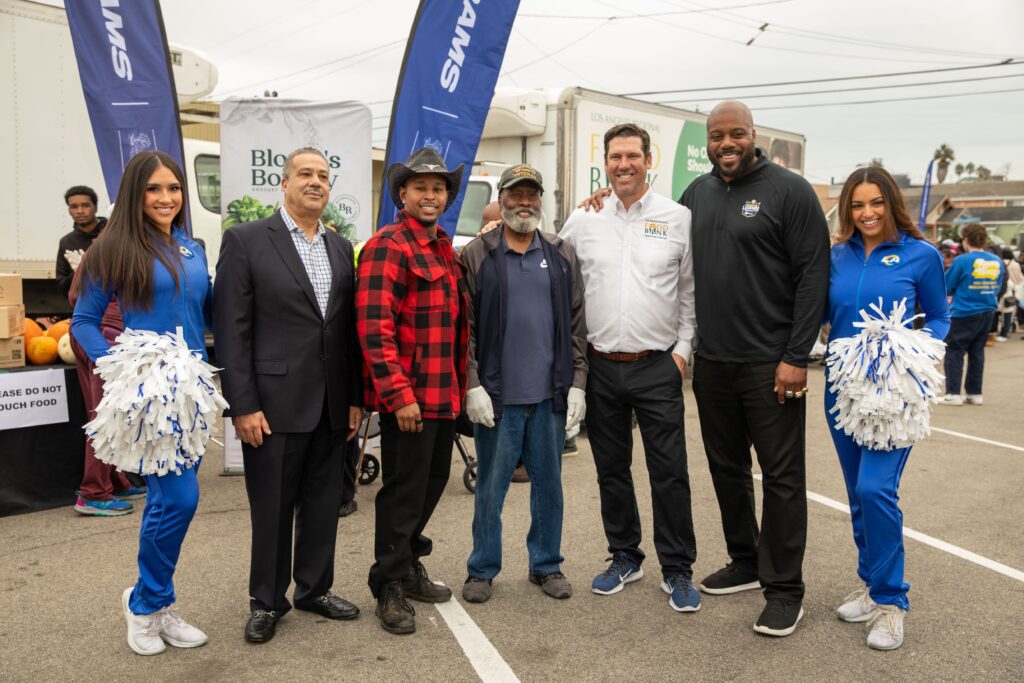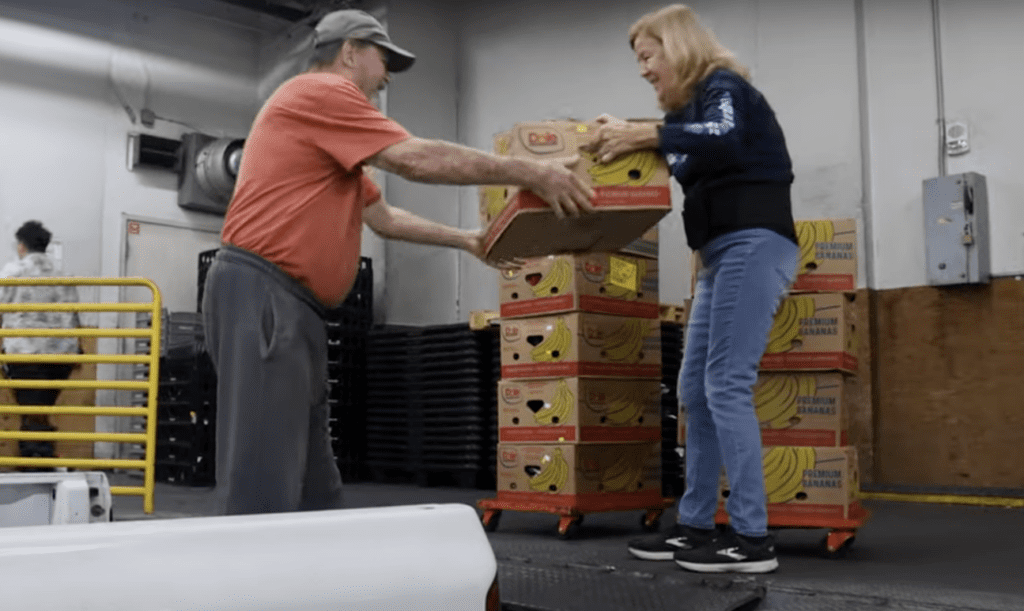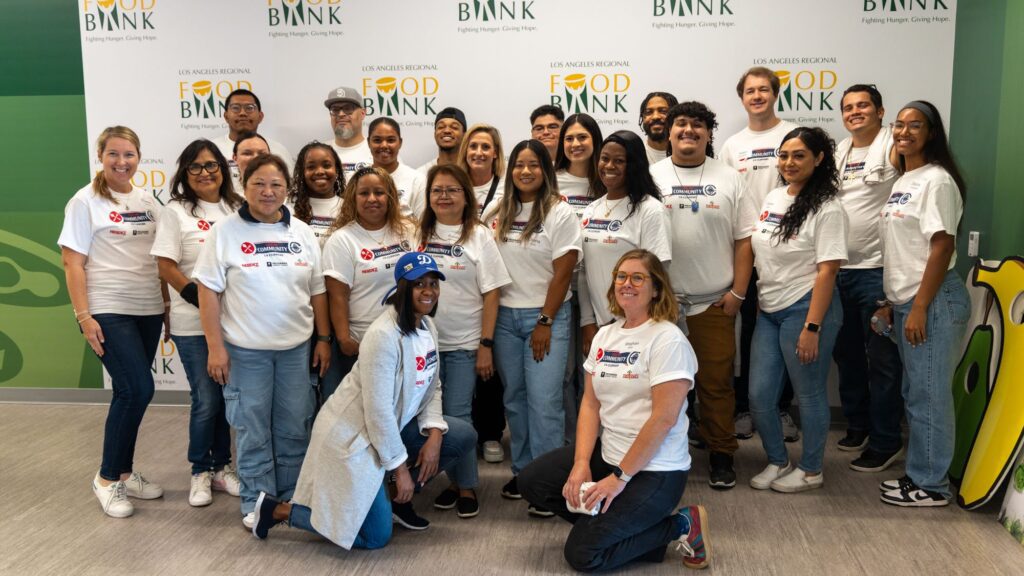Los Angeles Chargers, Tyson Foods and Lift Up America Team Up to Fight Hunger in Los Angeles
Los Angeles Chargers, Tyson Foods and Lift Up America Team Up to Fight Hunger in Los Angeles
On #GivingTuesday, November 27, 2018, the Los Angeles Chargers teamed up with Lift Up America and Tyson Foods, Inc. to tackle one of Los Angeles’ most pressing issues – feeding the hungry.
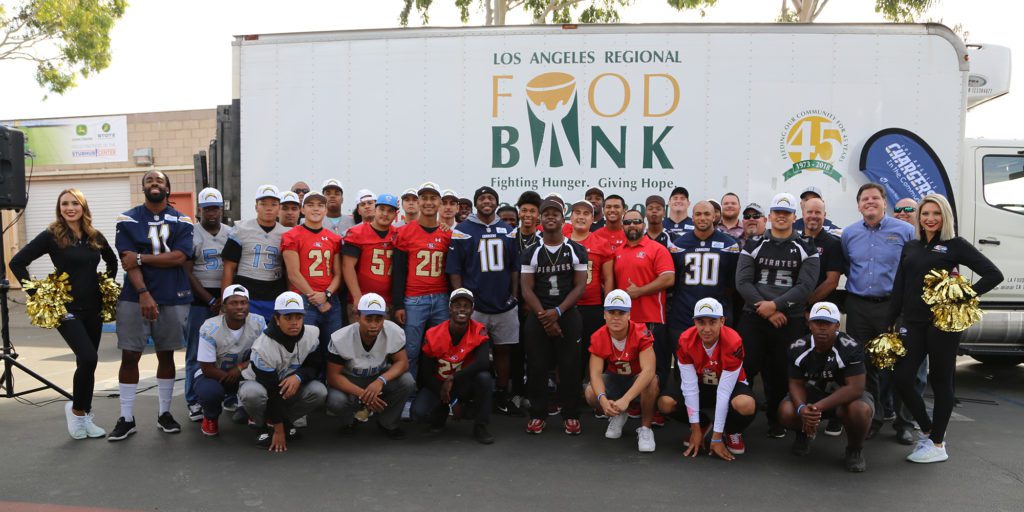
Football players from Carson High School, Segerstrom High School and Paramount High School teams volunteered alongside the Chargers. Together, they loaded 17,850 pounds of Tyson protein into our agencies’ trucks. This food will now make its way to various parts of Los Angeles County to be distributed to our neighbors in need just in time for the holidays.
After moving from San Diego to Los Angeles, the Chargers became involved in their new community immediately. “The Los Angeles Chargers are dedicated to building healthy communities for our region’s youth,” said Heather Birdsall, Director of Community Partnerships “We are proud to partner with Lift Up America, Tyson Foods, and The LA Regional Food Bank to ensure that families in our community have access to healthy, nutritious food.”
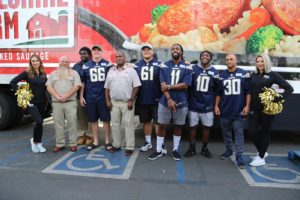 Tyson has been donating food to the Los Angeles Regional Food Bank since 2013, with gifts totaling 245,986 pounds. This past #GivingTuesday alone, the Los Angeles Regional Food Bank received 70,900 pounds from Tyson. “We’re proud to help great partners like the Los Angeles Regional Food Bank and Lift Up America, who work on the front lines every day to end hunger,” said Matt Pakula, Senior Manager of Corporate Social Responsibility at Tyson Foods. “Too many Californians and Americans are food insecure, and although the problem is complex, the answer starts with getting involved and creating awareness.”
Tyson has been donating food to the Los Angeles Regional Food Bank since 2013, with gifts totaling 245,986 pounds. This past #GivingTuesday alone, the Los Angeles Regional Food Bank received 70,900 pounds from Tyson. “We’re proud to help great partners like the Los Angeles Regional Food Bank and Lift Up America, who work on the front lines every day to end hunger,” said Matt Pakula, Senior Manager of Corporate Social Responsibility at Tyson Foods. “Too many Californians and Americans are food insecure, and although the problem is complex, the answer starts with getting involved and creating awareness.”
The need for food assistance remains high in L.A. County as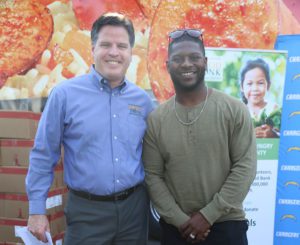 nearly 1.4 million people face food insecurity. “This donation of protein, a key food group for a healthy diet, is very important to the Los Angeles Regional Food Bank and to the clients we serve,” said Michael Flood, the Food Bank’s President and CEO. “Protein can be an expensive food item to purchase and is often difficult for families to access.”
nearly 1.4 million people face food insecurity. “This donation of protein, a key food group for a healthy diet, is very important to the Los Angeles Regional Food Bank and to the clients we serve,” said Michael Flood, the Food Bank’s President and CEO. “Protein can be an expensive food item to purchase and is often difficult for families to access.”

